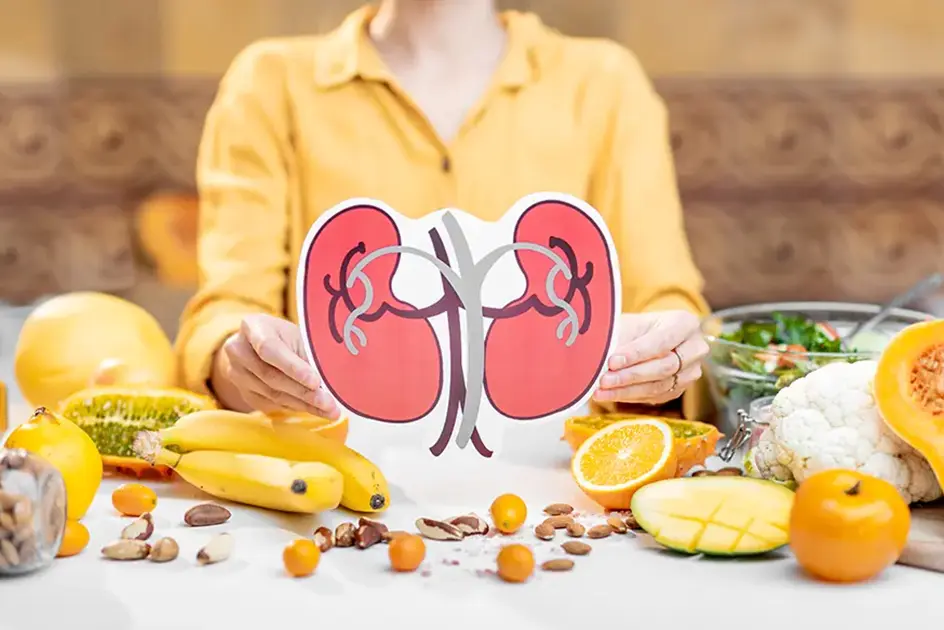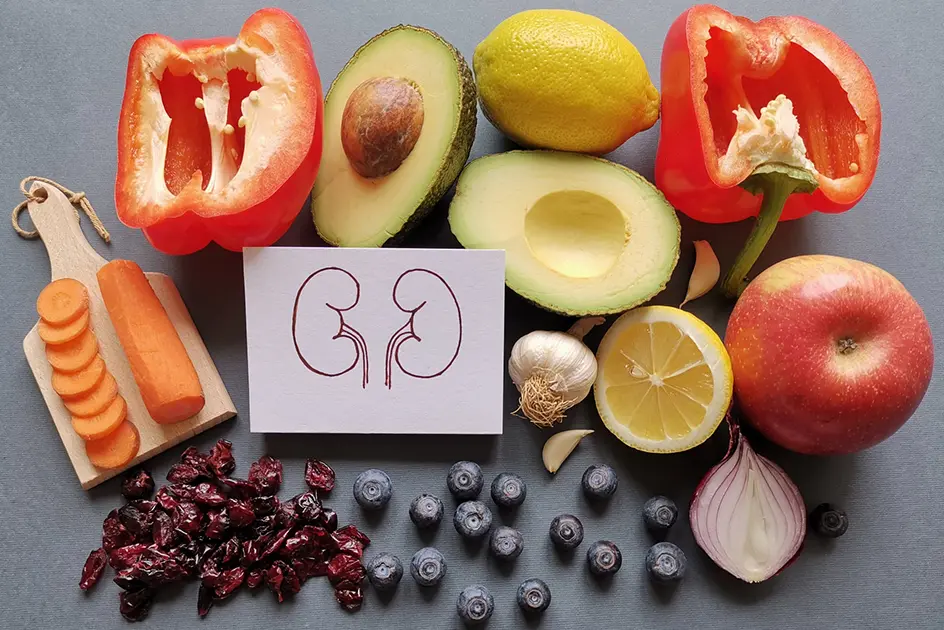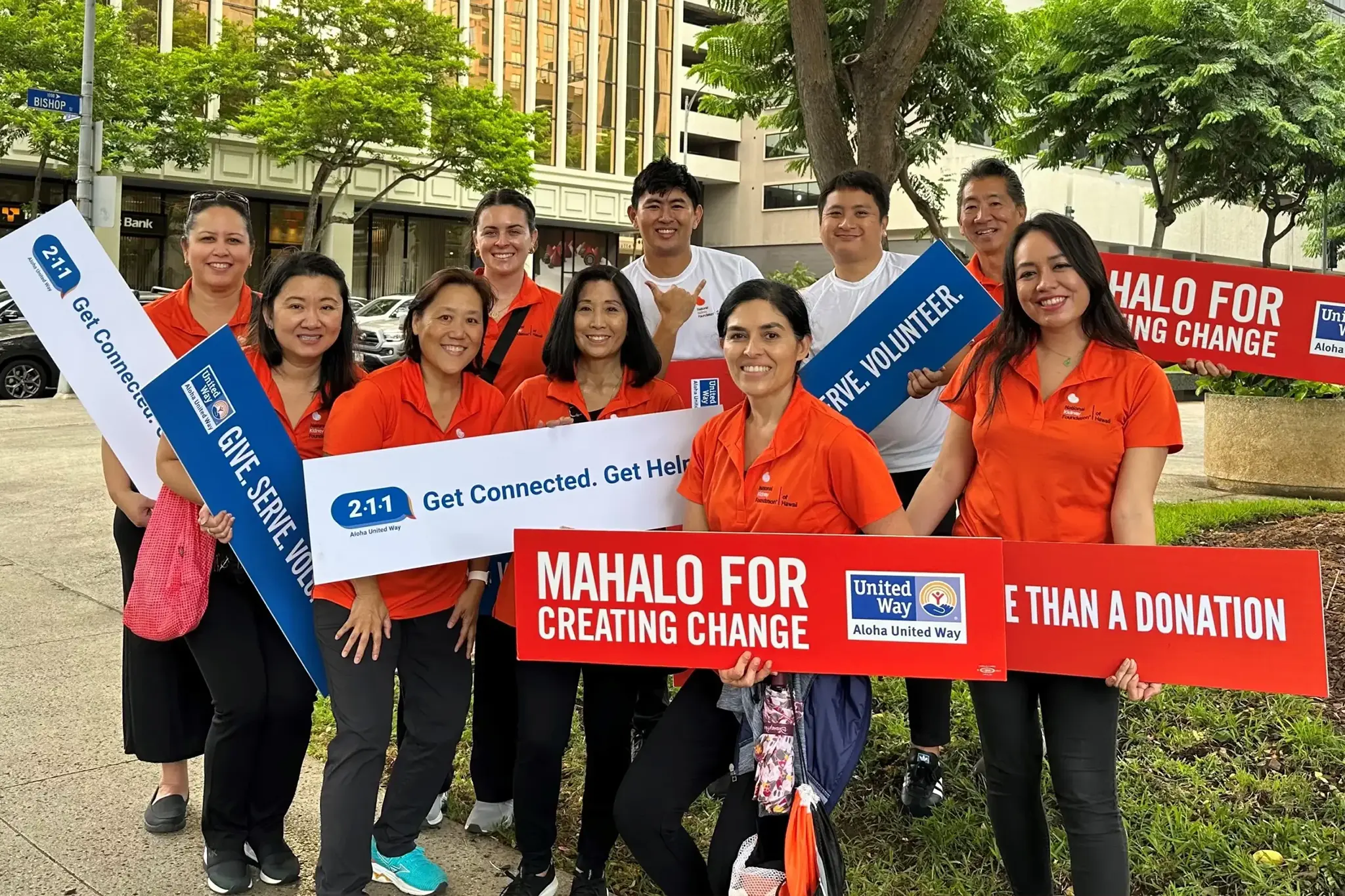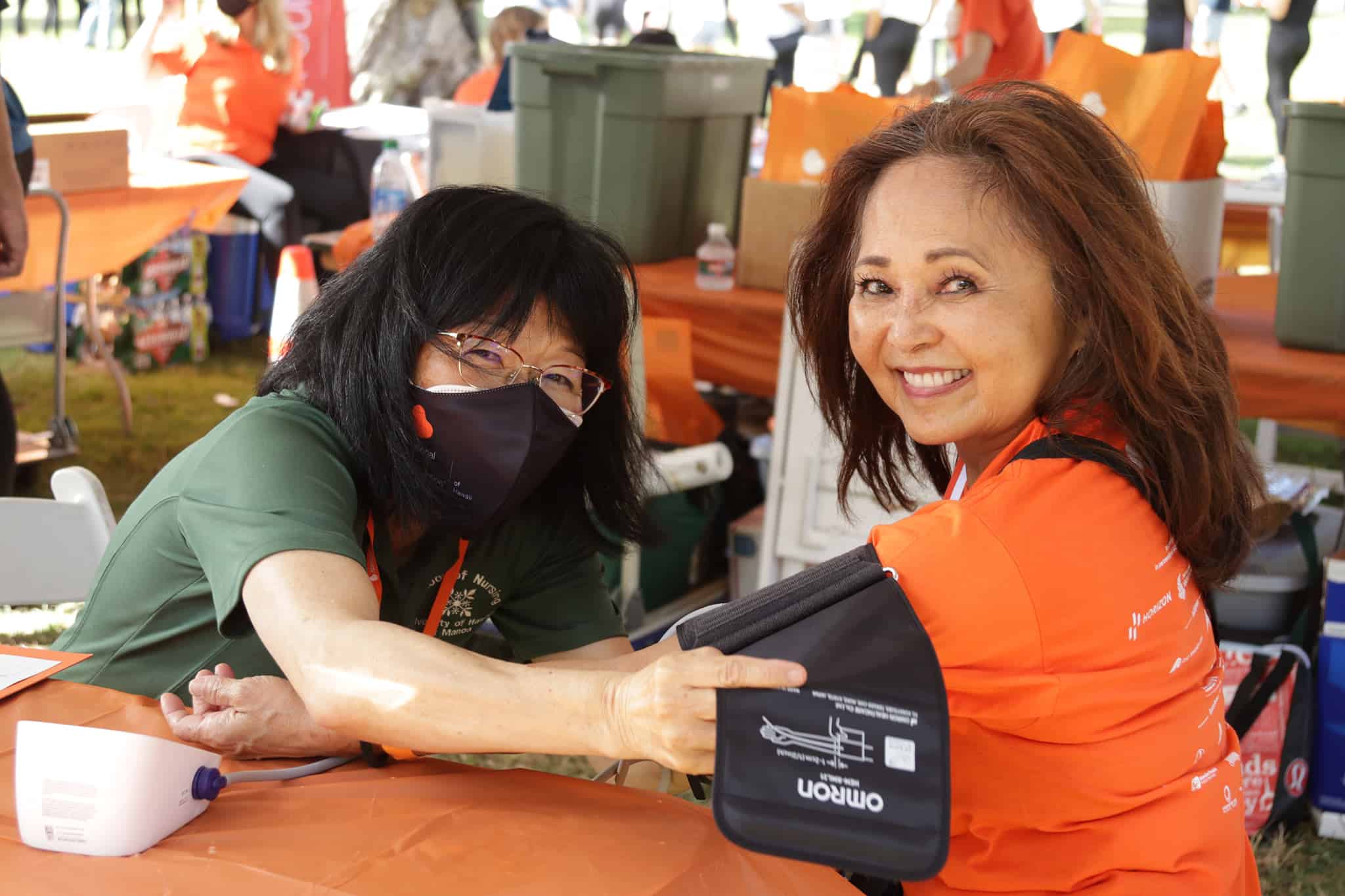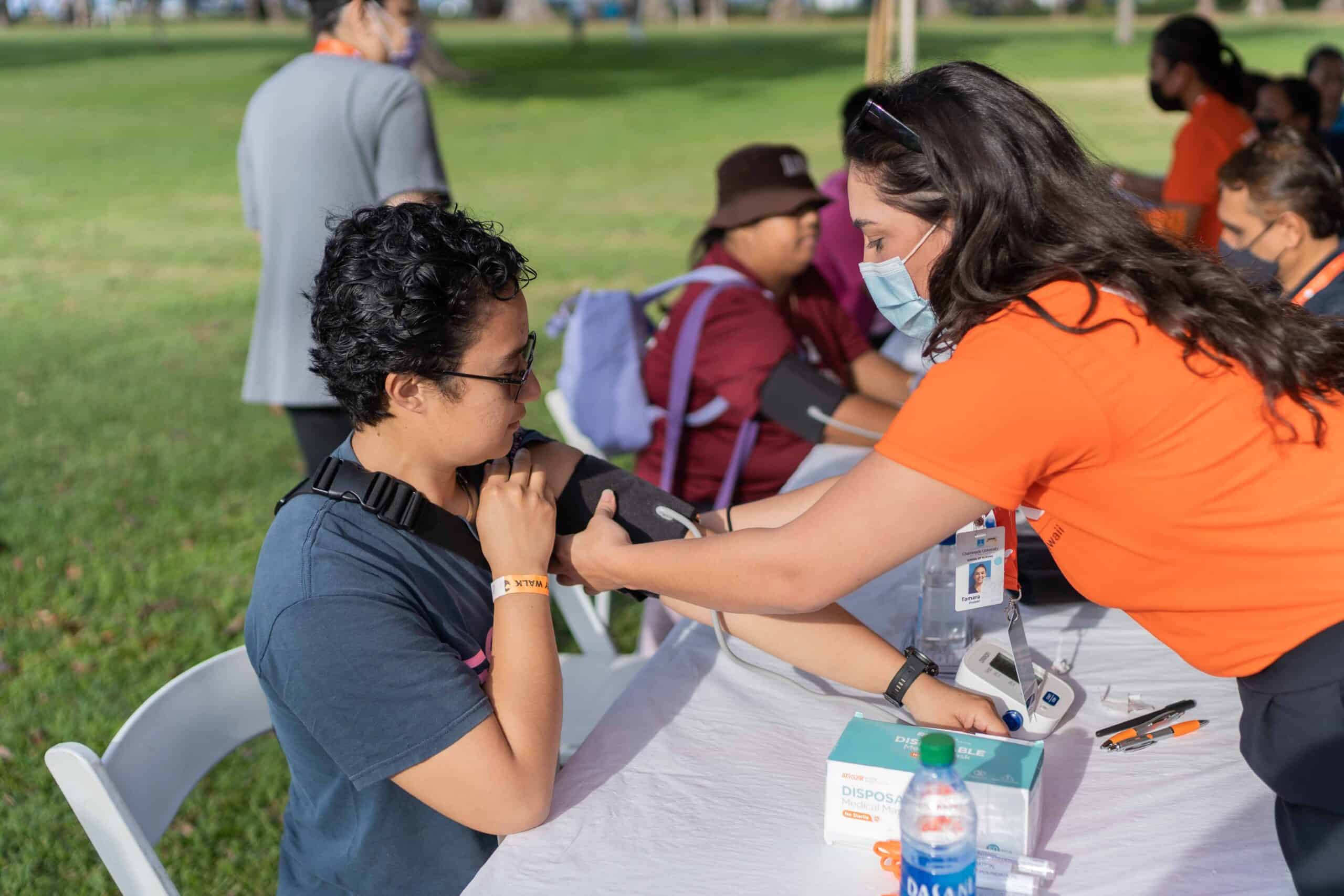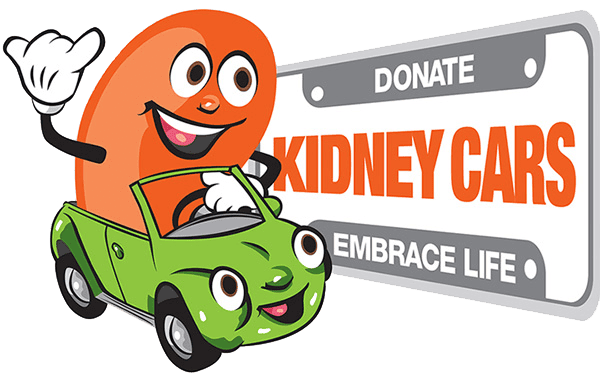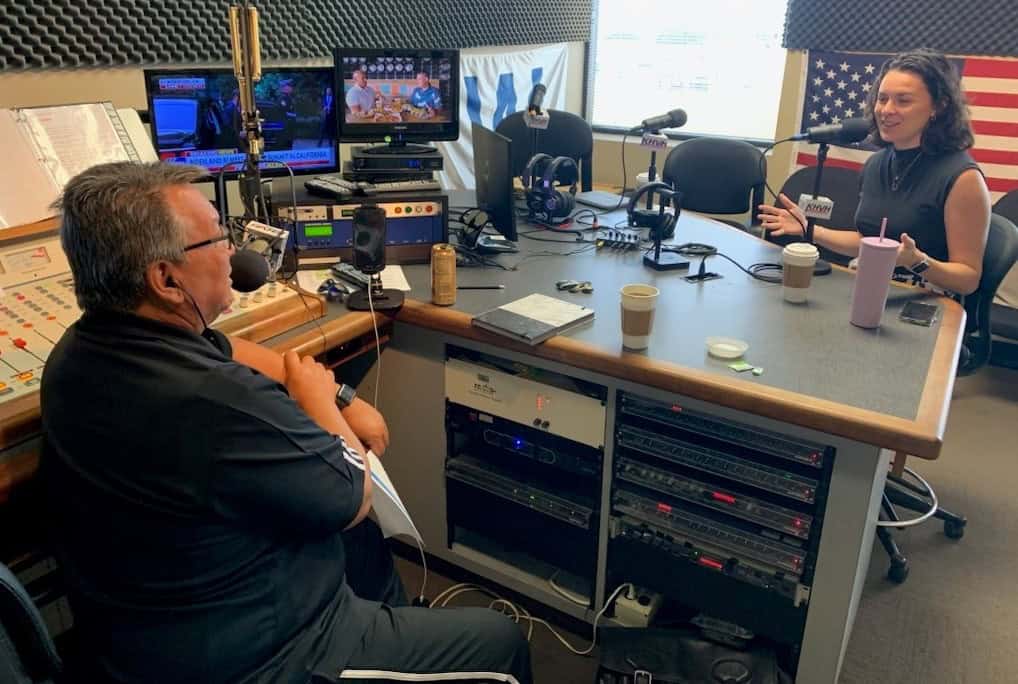In a recent segment of the "Sustaining Hawaii Radio Show," Jenna Copley from the National Kidney Foundation of Hawaii shared her insights and experiences, emphasizing the importance of plant-based diets. As a registered dietitian with a unique background in farming, Jenna discussed how plant-centric eating not only benefits individual health but also plays a crucial role in environmental sustainability. Her expertise offers valuable guidance on how small dietary changes can make a significant impact, aligning perfectly with our ongoing commitment at the National Kidney Foundation of Hawaii to promote healthier lifestyles.
Rick: Welcome, Jenna! With Earth Month in full swing and your expertise in dietetics, could you start by sharing some of your early experiences with farming and how they've influenced your perspective on food?
Jenna: Good morning, Rick! Thank you for having me. Absolutely, my first job was actually as a farmhand on a small farm in Cape Cod, Massachusetts. The experience was quite foundational; it involved everything from nurturing the plants to interacting with visitors who came to pick their own vegetables. This early exposure to the source of our food ingrained in me the importance of understanding and appreciating where our food comes from, which is essential in today’s fast-paced world.
Rick: That sounds like a profoundly impactful experience. Now, as we discuss plant-based diets during Earth Month, could you clarify what exactly a plant-based diet entails?
Jenna: Of course. When most people hear "plant-based diet," they might think it implies becoming vegetarian or vegan, but it's more about emphasizing plants in our diet. It's about making a shift from viewing meat as the main component of our meals to focusing on plants as the centerpiece. This approach encourages a variety of plant-based foods, enriching the diet with nutrients and reducing the emphasis on animal proteins.
Rick: That's an interesting perspective. Can you elaborate on how this shift can impact one's health and the environment?
Jenna: Certainly. By increasing the proportion of plants in our diet, we not only intake more fiber, vitamins, and minerals which are essential for health, but we also reduce our environmental footprint. Plant-based diets generally require less water and land and produce fewer emissions compared to diets high in meat. This is crucial in our efforts towards sustainability and combating climate change.
Rick: It seems like there are multiple benefits to adopting a more plant-focused diet. How does tofu fit into this picture?
Jenna: Tofu is a fantastic example of a versatile and sustainable protein source. It can be cooked in a myriad of ways, which makes it an excellent substitute for meat. For instance, during Lent, many people explore tofu as an alternative, discovering that it can be just as satisfying and flavorful as meat. It's also significantly cheaper, which makes it accessible to more people, contributing to broader dietary changes across communities.
Rick: With rising food prices, it sounds like plant-based diets could also be more economical. Could you talk a bit more about the cost-effectiveness of these diets?
Jenna: Absolutely, Rick. Plant-based ingredients like lentils, beans, and tofu are not only nutritious but are also more cost-effective than most meat products. By incorporating these foods into meals, families can reduce their grocery bills while still enjoying diverse, delicious, and nutritious meals. This is especially important in regions where the cost of living is high, as it provides a feasible way to maintain healthy eating habits without stretching the budget.
Rick: As we look to make dietary changes, what are some small steps our listeners can take towards a more plant-based diet?
Jenna: Starting small is key. Initiatives like Meatless Mondays or having plant-based days can make the transition easier and less daunting. It's not about eliminating animal proteins completely but about reducing them and making plants the star of your meals. Even these small changes can have significant health benefits, such as reducing the risk of chronic diseases like heart disease and diabetes.
Rick: Jenna, any final thoughts on how our listeners can celebrate Earth Month with their diet choices?
Jenna: Embracing a plant-based diet, even incrementally, is a wonderful way to celebrate Earth Month. It allows each of us to contribute to a healthier planet and a healthier lifestyle. I encourage everyone to explore the rich variety of plant-based foods available and discover how tasty and fulfilling they can be.
Rick: Thank you, Jenna, for such insightful discussions today. Your expertise helps us understand not just the what, but the why, behind making more sustainable food choices.
Jenna: Thank you, Rick. It’s a pleasure to share how simple changes in our diet can lead to significant benefits for both our health and the environment.
This extended conversation with Jenna Copley not only illuminates the nutritional and environmental benefits of a plant-based diet but also provides practical advice for incorporating more plant-based foods into our daily lives. Her insights are a valuable contribution to the ongoing discussions about sustainability and health, particularly relevant during Earth Month.
Remember to tune into the "Sustaining Hawaii Radio Show" on AM 830, airing every first and third Wednesday of the month at 9 AM, for more updates and discussions that drive our commitment to a healthier Hawaii. For those who missed the live broadcast, the full episode is available below.

